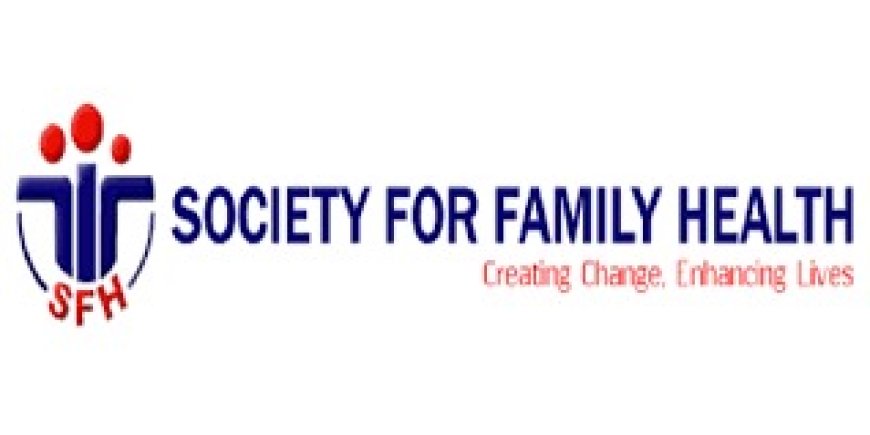Over 129,000 young brides in Nasarawa now using contraceptives — SFH

A Non-Governmental Organisation, the Society for Family Health, has announced that no fewer than 129,285 married-adolescent girls in Nasarawa State have adopted the use of contraceptives, championed by its Adolescents 360 Project which is aimed at improving their Sexual and Reproductive Health.
The SFH also commended the state’s ministry of health for working hard towards attaining the current contraceptive prevalence rate of 22.3 per cent.
The Health Governance and Public Policy Specialist of the SFH, Kenneth Okoineme, made the disclosure in the Keffi Local Government Area of the state on Saturday at the close of a two-days residential transition policy dialogue meeting organised by the Nasarawa State Ministry of Health.
The programme which was organised in collaboration with the Society for Family Health for its A360 Project in the state, had the theme, “The future of Adolescent and Youths Sexual Reproductive Health and Development in Nasarawa.”
Speaking at the event, Okoineme noted that the A360 Project focuses on increasing adolescent girls’ access to and demand for modern contraception in developing countries, including Nigeria.
He explained that in the last four years in Nasarawa State, the project which is in its conclusive stage, tagged “Matasan Matan Arewa”, had focused on married adolescent girls between the ages of 15 to 19 years.
While praising the project’s impact in the state, Okoineme added that the NGO had helped to build the programme into the health system of the state so that even after the expiration of the project, it would still be sustainable.
“Within the last four years, the A360 project has been able to reshape the Adolescent Sexual and Reproductive Health landscape, reaching over 280,000 adolescent girls in Nasarawa State with responsive, youth-centred services.
“The project has also supported 129,285 new contraceptive adopters and ensured 68,770 continuing users in Nasarawa State with traditionally high discontinuation rates.
“For us, one of the critical things we have done is building this into the health system, helping to strengthen the health system so that it is not when we leave everything falls flat. We deliberately built the necessary structure to transition in a way that the programme remains sustainable,” he said.
On his part, the Director, Community and Family Health, Nasarawa State Primary Healthcare Development Agency, Absalom Madawa, said one of the key goals of the project was to improve the state’s Contraceptive Prevalence Rate and from recent statistics, that goal has been achieved.
He said, “For Nasarawa State, the recent result that came out last year shows that we are at 22.3 per cent which is an improvement to the last one done before this one in 2018. Then we were at 14.2 percent, so we have improved by 8 percent.
“Not every state in Nigeria even improves like we have done. Some went backwards. In fact, some sister states that we were implementing this project with, went backwards. For us, in spite of the challenges that were presented, we still were able to record some successes, and we feel we can even do more
“This project is actually for married adolescent girls. However, wherever you are providing the kind of things that this project brings, every other person can come but the project targets the particular age group it is meant for. As a result of the contribution of this project, it has also affected women of reproductive age from 15 to 49 years.”
In an interview with our correspondent earlier, the Chief Whip and Chairman, Nasarawa State House of Assembly’s Committee on Health, Lanry Ven-Bawa, lauded the impact of the project in the state, and pledged to ensure that legislation is passed to ensure the sustainability of the project in the state.

 admin
admin 


